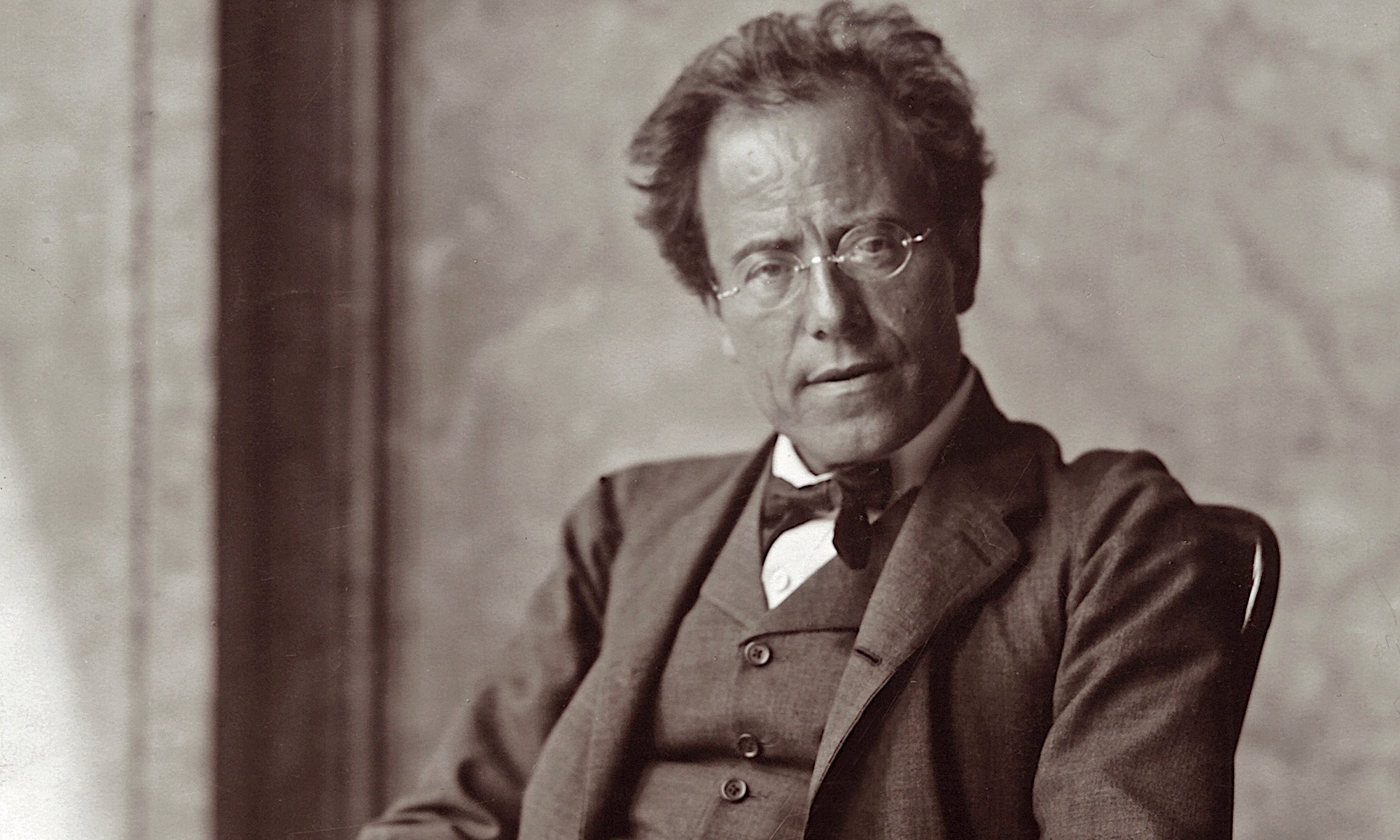- Profession: Doctor of Medicine. Psychoanalyticus.
- Residences:
- Vienna: Berggasse 19.
- London: Hampstead.
- Relation to Mahler: Year 1910, Health, Meeting with Freud.
- Correspondence with Mahler: No.
- Born: 06-05-1856 Freiberg, now Pribor, Czech Republic.
- 1886: Served in the Austrian army and went for training one moth to Olomouc.
- 1905: In Altaussee.
- 1907: Bruno Walter (1876-1962) treated for an attack of cramp in his right arm.
- 1910: Gustav Mahler: Meeting with Freud in Leiden, in the Netherlands (26-08-1910, Year 1910).
- Died: 23-09-1939 London, England.
- Buried: Golders Green, crematorium and mausoleum, London, England.
Sigmund Freud, born Sigismund Schlomo Freud was an Austrian neurologist, now known as the father of psychoanalysis. Freud qualified as a doctor of medicine at the University of Vienna in 1881, and then carried out research into cerebral palsy, aphasia and microscopic neuroanatomy at the Vienna General Hospital. Upon completing his habilitation in 1895, he was appointed a docent in neuropathology in the same year and became an affiliated professor (professor extraordinarius) in 1902.
His birth certificate has a single first name ‘Sigismund’. A second name, variously transliterated from Hebrew as ‘Schlomo’ or ‘Shelomoh’ (versions of Solomon), comes from an inscription by his father in the family Bible addressing him by that name. It is one he never used himself. A school document first lists him as ‘Sigmund’ in 1871 but he only began signing himself ‘Sigmund’ in 1875 and this is the name subsequently used in his official documentation.
In creating psychoanalysis, a clinical method for treating psychopathology through dialogue between a patient and a psychoanalyst, Freud developed therapeutic techniques such as the use of free association and discovered transference, establishing its central role in the analytic process. Freud’s redefinition of sexuality to include its infantile forms led him to formulate the Oedipus complex as the central tenet of psychoanalytical theory. His analysis of dreams as wish-fulfillments provided him with models for the clinical analysis of symptom formation and the mechanisms of repression as well as for elaboration of his theory of the unconscious as an agency disruptive of conscious states of mind.
Freud postulated the existence of libido, an energy with which mental processes and structures are invested and which generates erotic attachments, and a death drive, the source of repetition, hate, aggression and neurotic guilt. In his later work Freud developed a wide-ranging interpretation and critique of religion and culture.
Psychoanalysis remains influential within psychotherapy, within some areas of psychiatry, and across the humanities. As such, it continues to generate extensive and highly contested debate with regard to its therapeutic efficacy, its scientific status, and whether it advances or is detrimental to the feminist cause. Nonetheless, Freud’s work has suffused contemporary Western thought and popular culture. In the words of W. H. Auden’s poetic tribute, by the time of Freud’s death in 1939, he had become “a whole climate of opinion / under whom we conduct our different lives”.
Year 1910. Sigmund Freud (1856-1939). Hotel register Noorwijk, the Netherlands. 26-08-1910. Number of persons: 7.
- Friend of Josefine von Winter (1873-1943).



